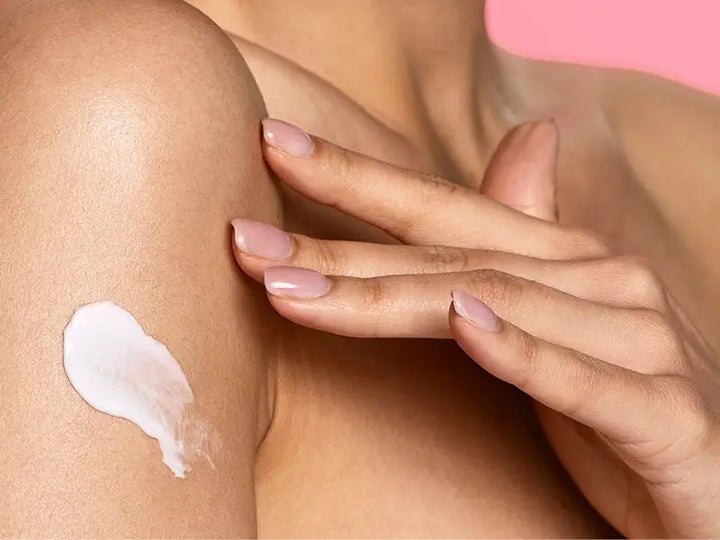Many people have probably experienced having acne at one point in their lives. While it is common during puberty, in some cases, it is a recurring condition that occurs even during adulthood.
Acne can affect one’s confidence. This chronic condition can even lead to the appearance of spots and blemishes not only on the face, but even on the shoulders, back, neck, chest, and upper arms. And if not managed well, it can also leave scars on your skin.
While many regard it as an ordinary condition, ignoring it is not the best thing to do. Learn the facts to understand what triggers acne breakouts.

The Truth Behind Acne Breakouts
7 FAST FACTS ABOUT ACNE
1. It is a type of skin disease that involves the oil glands at the base of hair follicles.
2. 3 out of 4 people suffer from acne
3. Acne is a chronic condition affecting both teenagers and adults
4. It is most common among people between 11 to 30 years of age
5. More women suffer from adult acne as compared to men
6. Although it is usually manageable, it can leave permanent skin scars when not managed correctly
7. While they mainly look the same, there are actually different types of pimples namely:
- Whiteheads: sebum and dead skin cells that sit on top of the skin
- Blackheads: consist of sebum, skin cell buildup, and bacteria
- Papules: appear as small, raised bumps on the skin
- Pustules: inflamed, pus-filled formation on the skin
- Cysts: lie deep in the skin and caused by blocked and infected pores
- Nodules: hard and painful bump within the skin
WHAT TRIGGERS ACNE BREAKOUTS
GENETICS
There are people who are more prone to acne breakouts than others. Genetics plays a role in acne prevalence and contributes to skin sensitivity. A study revealed that people whose relatives suffer from acne have an increased risk of acquiring acne.
HORMONES
Hormonal changes take its onset during puberty. It often results from an increase in androgen levels. The rise in the number of this hormone causes the skin to enlarge and facilitates sebum production which leads to ruptured walls of the skin cell–creating a breeding ground for bacteria,
Did You Know?
Acne breakouts can continue up until adulthood, even among people who are already in their fifties.
STRESS
While stress doesn’t directly contribute to acne breakouts, it is actually a factor that can worsen acne. An increase in stress levels also heightens the production of adrenal glands leading to the secretion of more sebum.
FOOD CHOICES
There are certain foods that are connected with acne breakouts. Binge consumption of chocolates or cocoa products has been associated with the exponential growth of non-inflammatory and inflammatory pimples.
Greasy food is also another contributing factor to acne. The oil easily attaches to the skin and can lead to pimple formation when hair follicles are blocked.
What to do?
A study concluded that to have a lower risk of acquiring acne, following a low glycemic load diet and a rich intake of vitamins A, E and Zinc can help.
SMOKING
Generally, smoking has a negative on skin health and can aggravate acne blemishes. Furthermore, its effect on blood vessel constriction contributes to skin aging and even increases the chances of acquiring psoriasis and skin cancer.
CERTAIN COSMETICS
It is important to be wary of comedogenic cosmetics and skin care products. These are classified as pore-clogging cosmetics that can lead to acne breakouts.
TIP: It is best to choose cosmetics with natural ingredients, as well as water-based beauty products that have the least chance of harming the skin.
DIRT
Exposure to dirt is another contributing factor to acne. When dirty materials come into contact with the skin and sit on its surface, skin irritation may occur which may eventually lead to pimple formation.
DRUGS
There are certain types of medications that can cause, and even worsen acne. Examples of these drugs include those that contain certain ingredients such as iodides, bromides, or steroids.
Acne may not be the worst condition that you may experience, but certainly, you’d want to be spared from it if you’ll have the choice. Keep in mind the things that trigger acne breakout to stay in the safe zone. As what the old adage says, an ounce of prevention is better than cure–that goes true as well when it comes to acne.



















